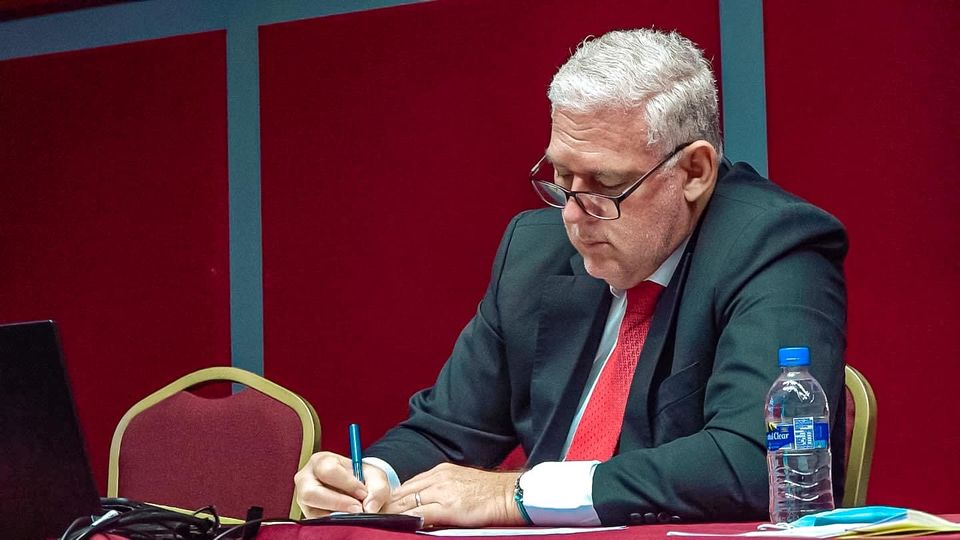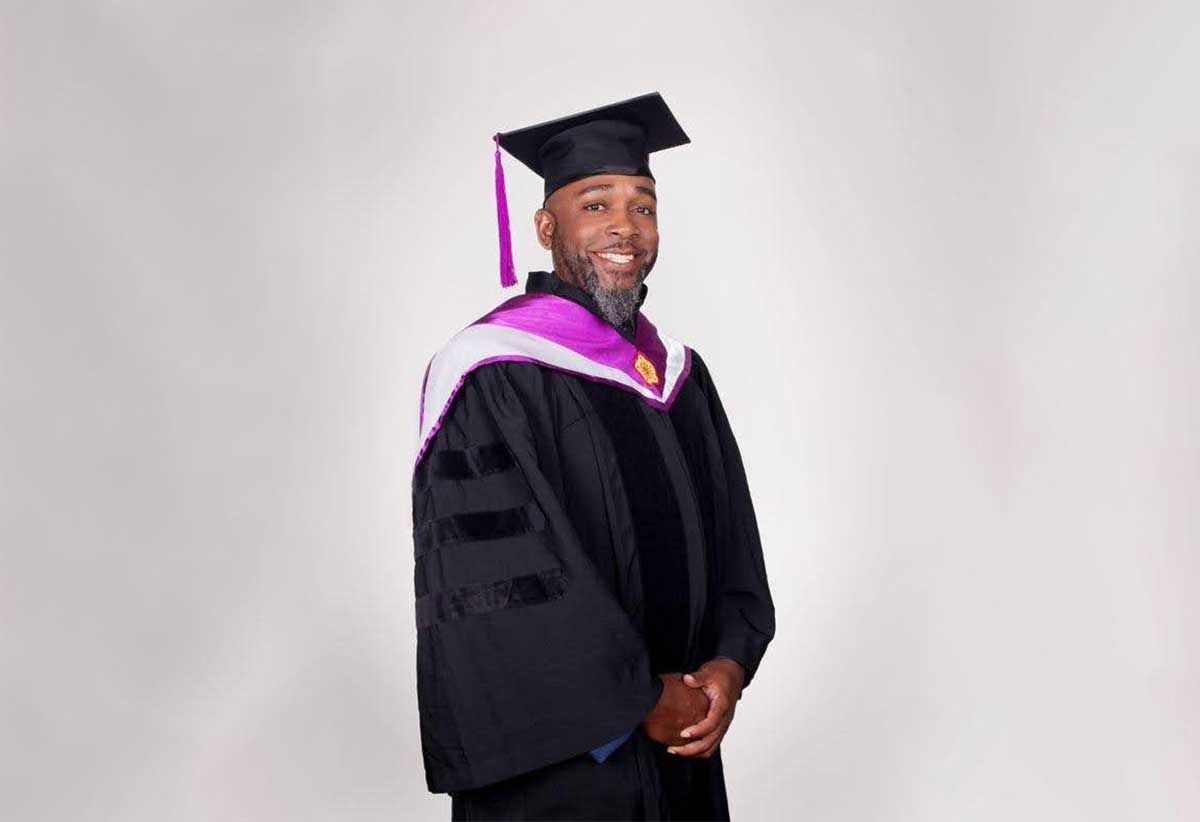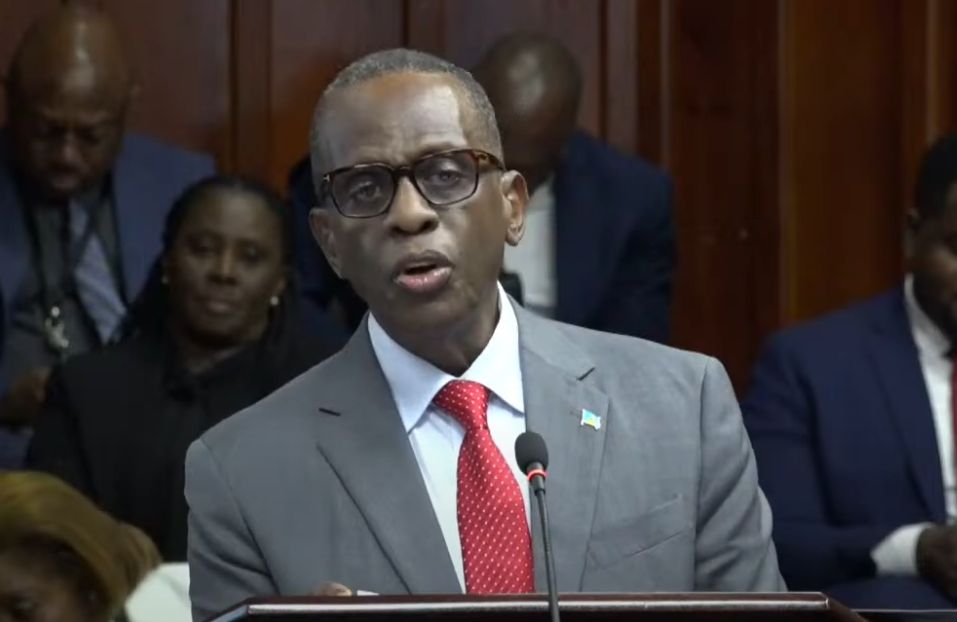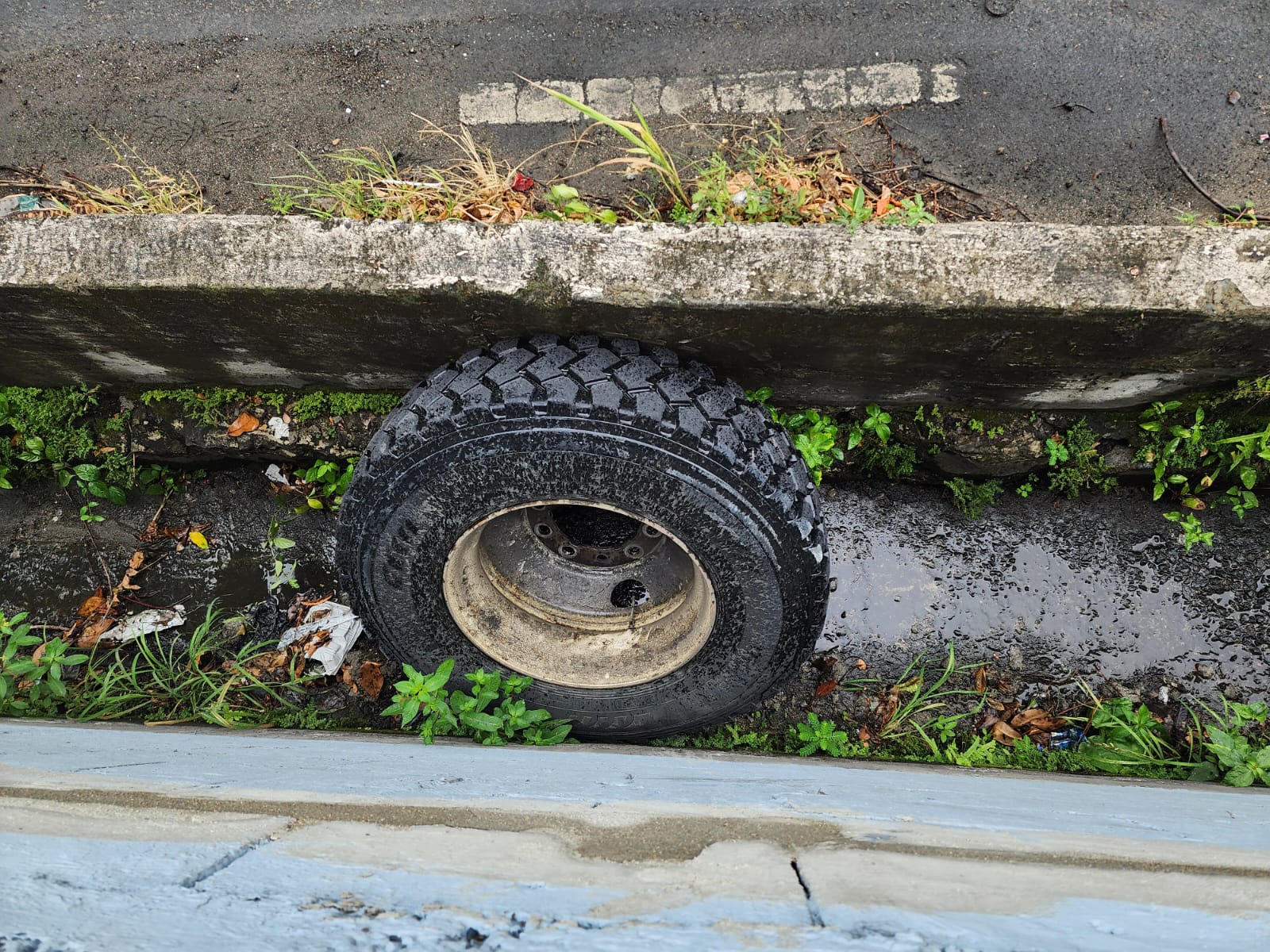

A little over a year after its first meeting, the Constitutional Review Committee (CRC) has resumed its work.
Speaker of the House of Assembly and chair of the CRC, Claudius Francis confirmed to St Lucia Times that the CRC met two weeks ago, but he gave no details, stating only that the process was “progressing”.
Meanwhile, Leader of the Opposition Allen Chastanet, who confirmed that he had only attended the bi-partisan CRC’s inaugural meeting in March 2024, expressed scepticism about the body’s ability to achieve meaningful progress.
Chastanet, while not opposed to the idea of constitutional reform, questioned the effectiveness of the current approach.
“What is the intent of the CRC and what powers does it have?” he asked, suggesting that he believes the commission’s efforts will ultimately fall short.
The CRC, which is comprised of representatives of the government, opposition and civil society, has not made any significant disclosures about its upcoming steps through the media.
The 12-member body’s deputy chair is Ignatius Jean. The other members are: Everistus Jn Marie, Earl Huntley, Catherine Sealys, Professor Cynthia Barrow, Maurice Compton, Nicholas John, Lenard Montoute, Mary Francis, Bradley Felix, and Chastanet.
A Constitutional Reform Commission was established in 2005 under the Dr Kenny Anthony administration with the mandate to review and reform the constitution, aiming for a more democratic, accountable, participatory, and inclusive government.
The commission held several town hall meetings both locally and in the diaspora, as well as media engagements, to educate the public about the Constitution and gather suggestions for potential revisions or changes.
These extensive engagements led to the creation of a 348-page report, which was presented to Parliament in 2011. The report, containing over 100 recommendations, was initially put on hold to allow for further public discussion.
Among the key recommendations in the report was the proposal to establish a mixed model of government with a new executive branch. Under this system, the Prime Minister would be the only member of the executive branch serving in both the Legislature and the Executive, while the Deputy Prime Minister would be a Cabinet member without ministerial authority, except when deputising for the Prime Minister. Additionally, the report recommended that Saint Lucia set a fixed date for general elections.
The report was debated in Parliament in 2015, but it was unanimously rejected by sitting MPs.
In February 2024, during his Independence address, Prime Minister Pierre announced that the government had revived the Parliamentary Committee on Constitutional Reform. This committee’s mandate is to review the work of the Constitutional Reform Commission and make recommendations for a new constitution and a revised status for Saint Lucia.
Related News

Study Finds Peer Influence, Not Poverty, Driving Youth Crime

PM Presents Largest-Ever Budget, Cites Global Instability as a Risk

Breaking Barriers: Special Education Athletes Shine at 2025 Sports Meet


